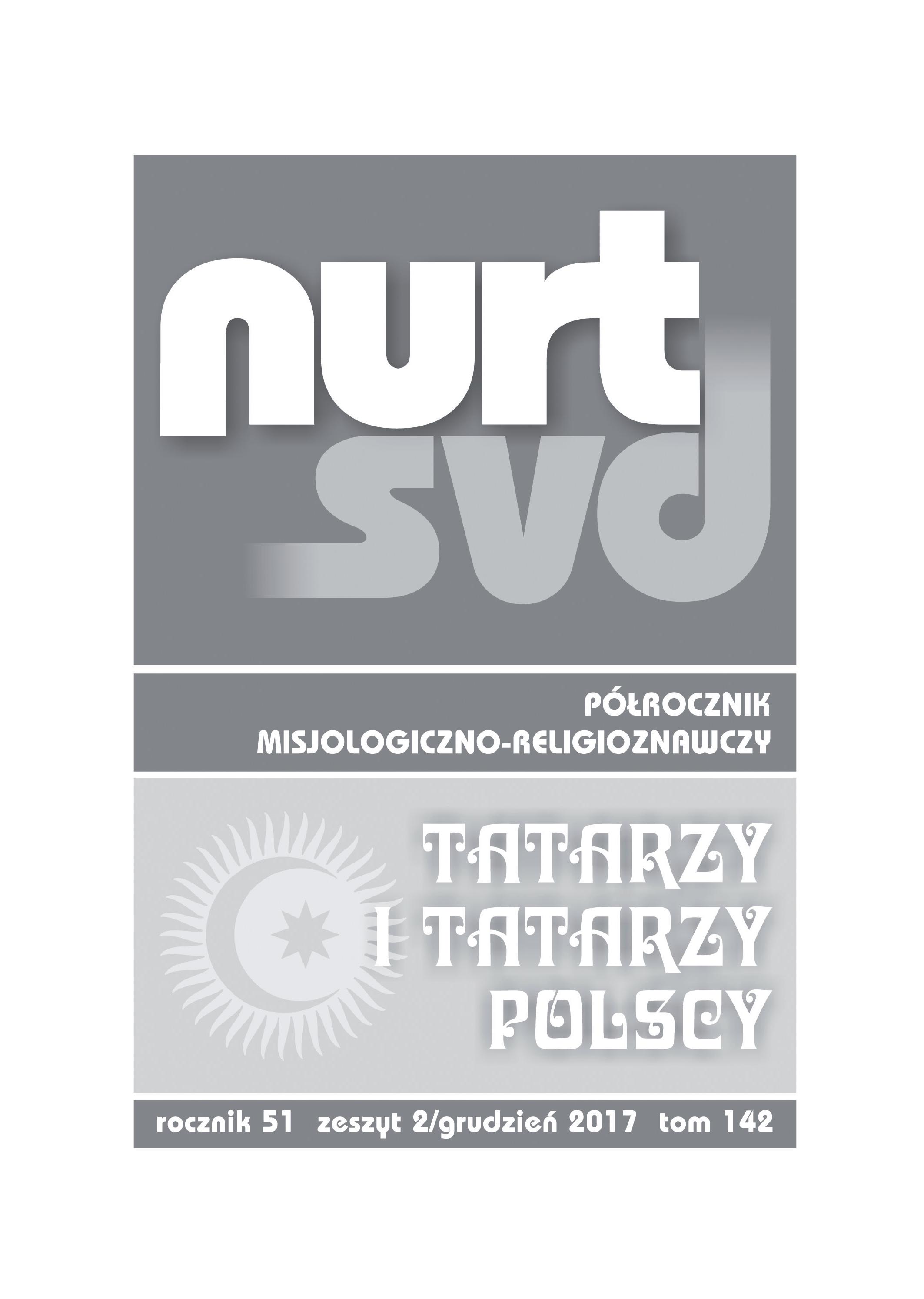Deklaracja Dignitatis humanae a współczesne społeczeństwo liberalno-demokratyczne
Declaration Dignitatis humanae and the modern, liberal and democratic society
Author(s): Janusz WęgrzeckiSubject(s): Social Sciences, Theology and Religion
Published by: Verbinum
Keywords: Declaration Dignitatis humanae; John Cortney Murray; George Weigel; Michael Novak; John Paul II; Benedict XVI
Summary/Abstract: At the root of the Declaration Dignitatis humanae lies a concept of the American Jesuit, John Cortney Murray. Freedom of religion is the negative liberty, concerned with freedom from the interference by public authorities in religious practice. It is hailed as the foundation of all other liberties and human rights. Murray defined his concept in the context of the American proposition, that is, building a political order characterised by republicanism and democracy. This order is chiefly based on Christian axiology. There is an argument in the USA whether Murray’s project, a kind of christianisation of liberalism, has been successful. Some, like Weigel or Novak, think it has. Others, like Burns, maintain that Murray’s project was based on an erroneous interpretation of the American proposition, and the overinterpretation of the Catholic position. In solving the problem one can consult the detailed interpretations of the modern liberal democracy by the recent popes, John Paul II and Benedict XVI. They demonstrate that the modern liberalism abandons its axiological foundations. Liberalism takes a lot from the axiological order; Christianity is a serious contributor into the formation of the latter.
Journal: Nurt SVD
- Issue Year: 142/2017
- Issue No: 2
- Page Range: 437-449
- Page Count: 13
- Language: Polish

